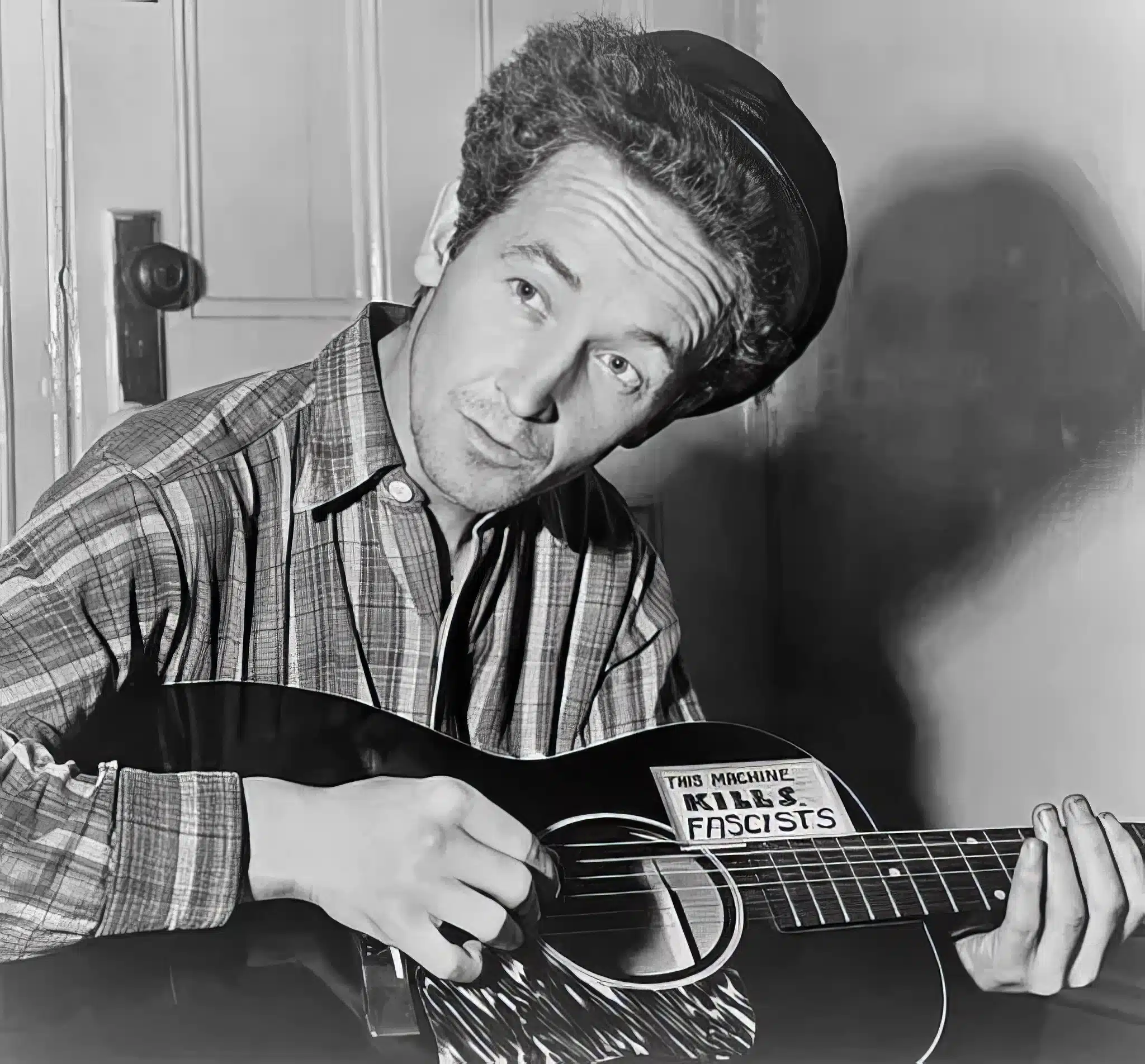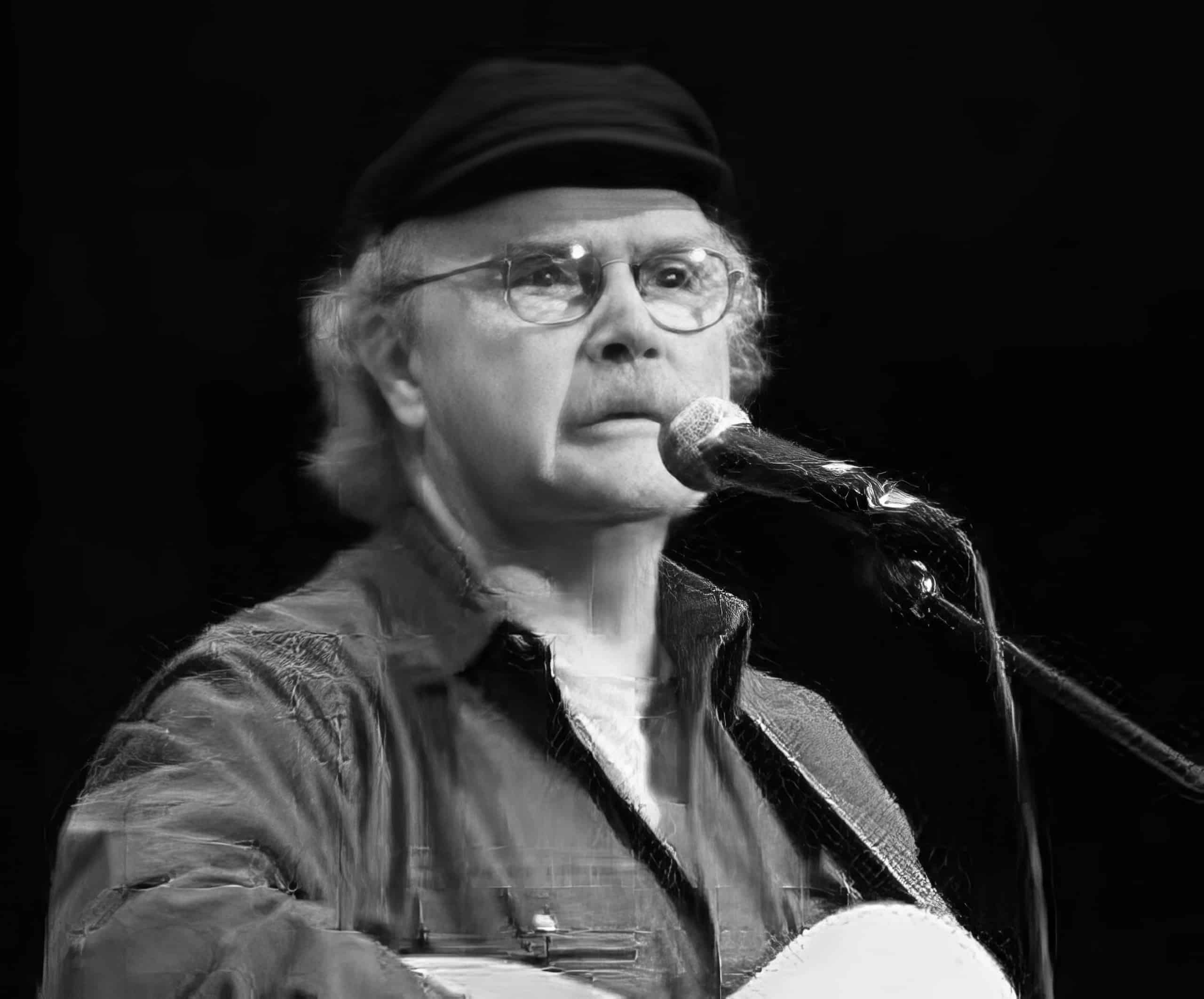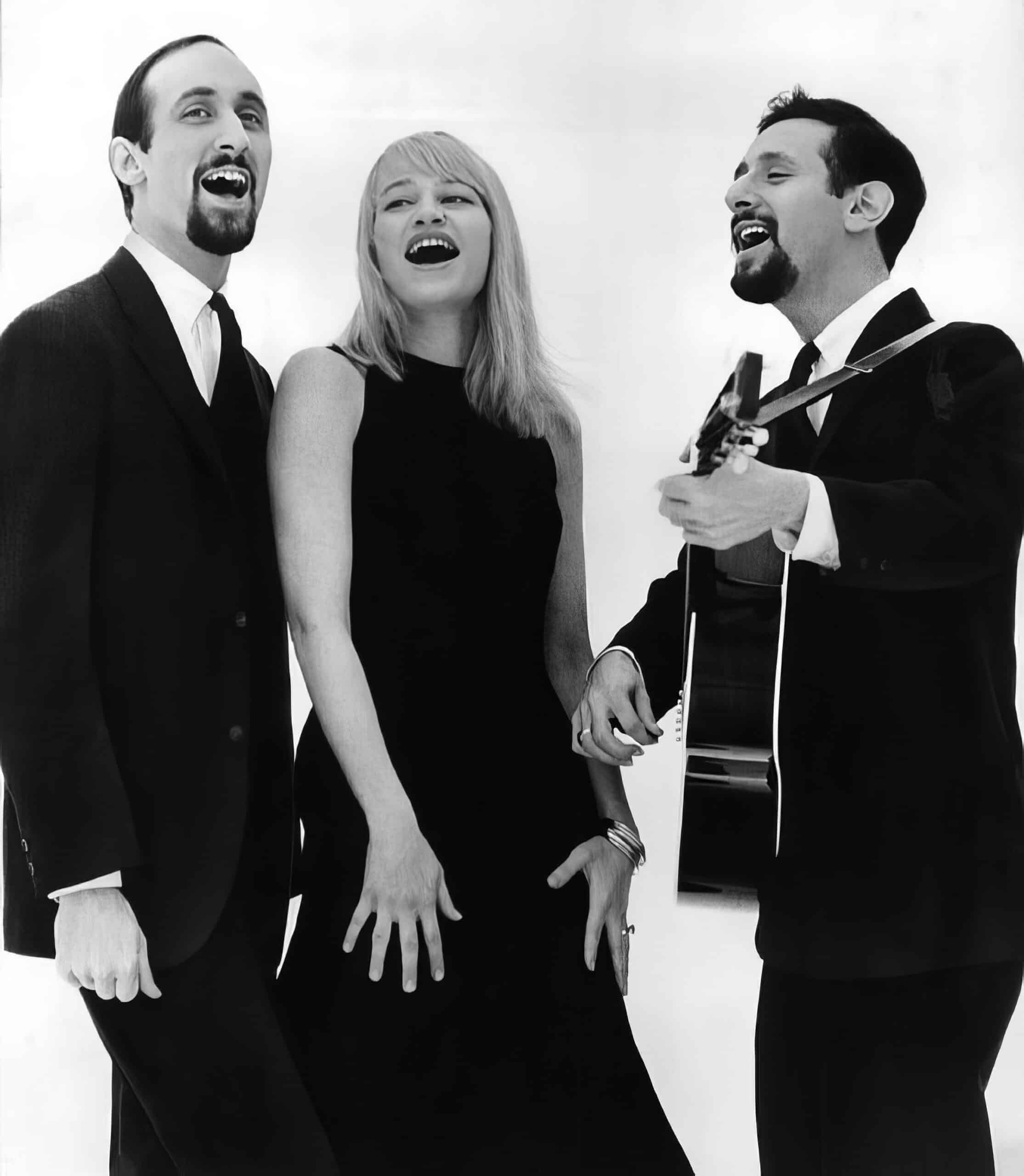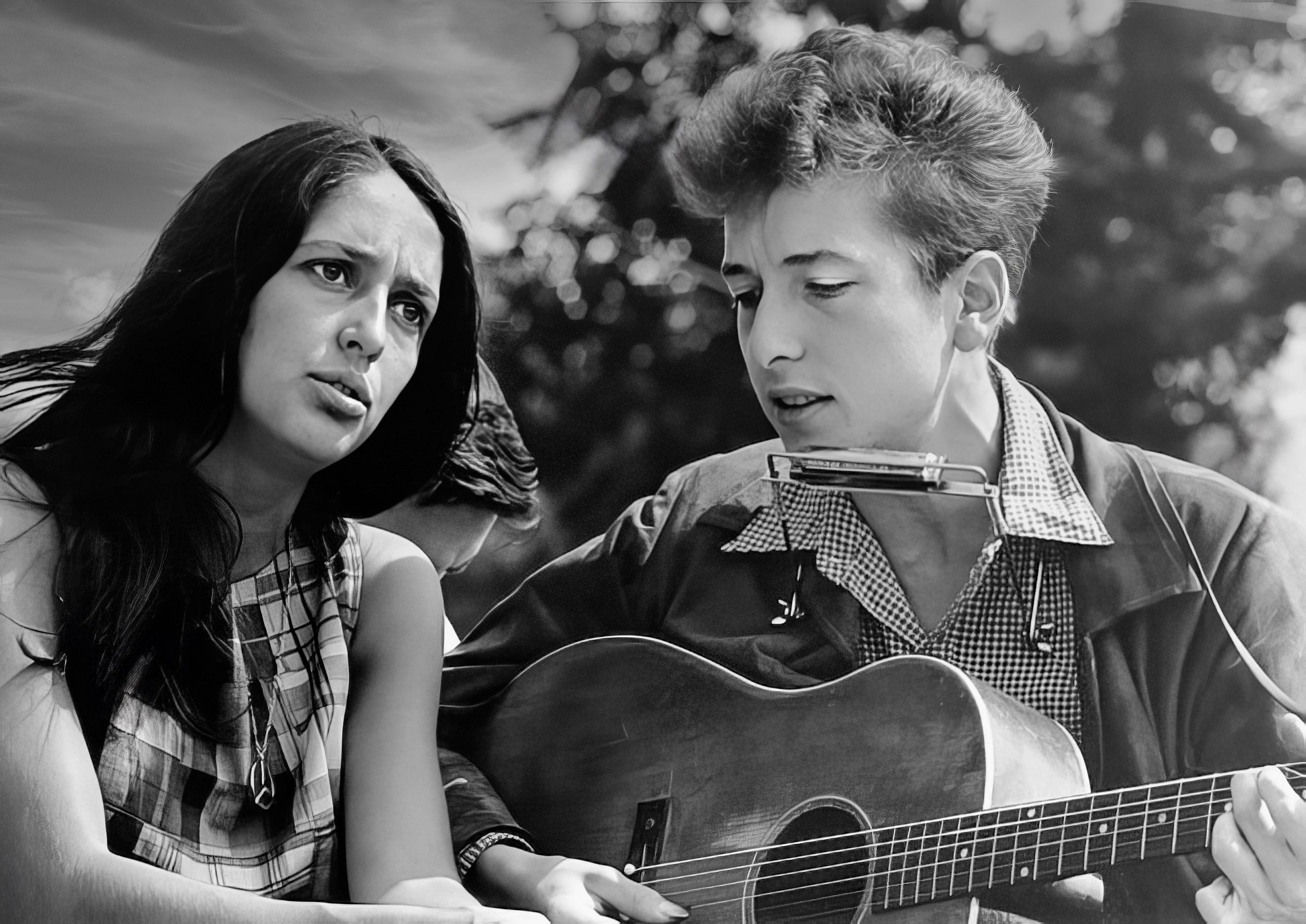Woody Guthrie – This Land is Your Land
Folk music, with its deep roots and appeal, has always been a mirror to society’s soul. The rich tapestry of songs surrounded me, passed down through generations. These songs were more than mere entertainment; they were stories, histories and legacies wrapped in melodies. They spoke of love and loss, hardship, and hope, weaving a narrative of the common people who sang them.
Folk music traces its origins back to ancient times, where it served as an oral tradition that preserved the culture and experiences of communities. Each region had its unique sound, shaped by the environment and the people who lived there. In America, Folk music was a melting pot of influences from Native American, African and European traditions. Songs like “Barbara Allen†and “John Henry†carried the echoes of the past, reflecting the diverse cultural landscape of the nation.

The 20th century marked a significant transformation in Folk music with emerging singer-songwriters. These were individuals who not only performed traditional songs but also composed their own, reflecting contemporary issues and personal experiences. The 1960s, in particular, was a golden era for Folk music, driven by a renewed interest in authenticity and social change.
In 1940, Woody Guthrie wrote “This Land Is Your Land†as a socialist response to the overplaying of “God Bless America†during the Dust Bowl period in the Midwest. Guthrie’s “This Land Is Your Land†became an anthem of inclusivity and resilience, while Seeger’s adaptation of traditional tunes gave them a new life and relevance.
The Folk revival refers to a period in the mid-20th century, during the 1950s and 1960s. This movement sparked a renewed interest in traditional Folk music, giving rise to influential musicians such as Bob Dylan, Joan Baez, Tom Paxton, Phil Ochs and Pete Seeger. Notable figures within this movement include Arlo Guthrie, known for his storytelling songs like “Alice’s Restaurant,†and the son of Woody Guthrie.

Peter, Paul and Mary were a popular Folk music Trio. Lead Belly was an influential Folk and blues musician. The Kingston Trio helped launch the Folk revival with their recordings in the late 1950s and early 1960s. These artists shaped the Folk music landscape and left lasting legacies in music and culture.


The revival played a significant role in the development of contemporary Folk music and had a notable impact on the social and political movements of the time. It reached its zenith with the rise of Bob Dylan. Dylan’s genius lay in his ability to blend the traditional with the modern, infusing Folk music with a poetic depth and a political edge. Songs like “Blowin’ in the Wind†and “The Times They Are A-Changin’†became rallying cries for the civil rights movement and anti-war protests. Dylan’s transformation from troubadour to electric rock star at the Newport Folk Festival in 1965 symbolized a broader shift in music and culture, pushing the boundaries of Folk music.
As the 1970s unfolded, the Folk music wave receded. The reasons for this decline were multifaceted. The political and social landscape was changing, and so were the tastes of the audience. The rise of rock ‘n’ roll, with its electrifying energy and commercial appeal, overshadowed the acoustic simplicity of Folk music. Bands like The Beatles and The Rolling Stones captivated the youth, who were looking for a new sound that matched their rebellious spirit.
The commercialization of music caused a shift in how music producers and consumers approached the industry. The intimate settings of coffeehouses and Folk clubs gave way to massive stadium concerts and produced records. Folk music, with its emphasis on authenticity and storytelling, struggled to find a place in the new market-driven industry.
However, the essence of Folk music never disappeared. It continued to influence other genres, from country to indie rock. Modern singer-songwriters like Bruce Springsteen, Joni Mitchell incorporate the storytelling tradition of Folk music in their works. Folk music festivals still draw passionate crowds, proving that the spirit of Folk music remains alive.
Reflecting on the journey of Folk music, I see it as a testament to the enduring power of human expression. A desire for connection and authenticity fueled its rise, and its decline came as society moved towards alternative forms of expression. Yet, its legacy continues, reminding us of preserving our cultural heritage and the stories that define us.
For me, Folk music is not just a genre but a way of understanding the world. It is a reminder of where we come from and a guide to where we are going. As I strum my guitar, I am reminded that Folk music, with its rich history and profound simplicity, will always resonate in the hearts of those who listen.
WPRNPublicRadio.com is a Tampa, FL-based independent public radio platform to inform and entertain, bringing narratives driven by personal stories, connecting listeners to life, along with news and off-beat stories focusing on book readings, essays, arts and culture, and artistic sound portraits. Visit our website to learn more.
